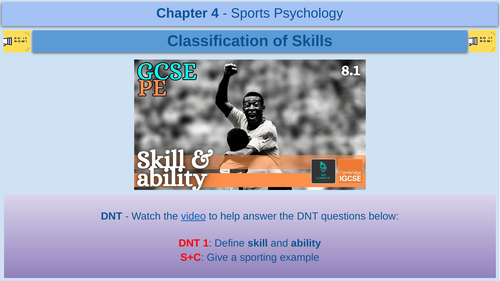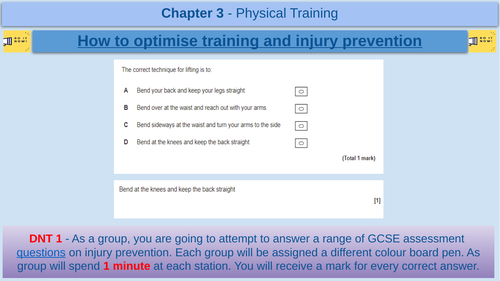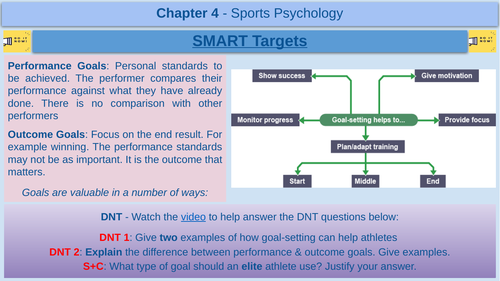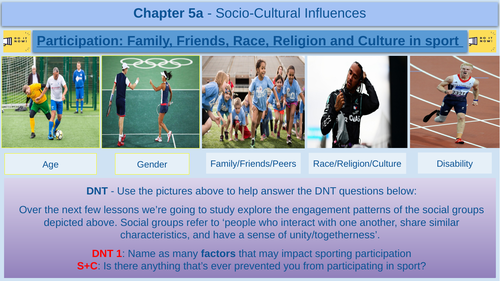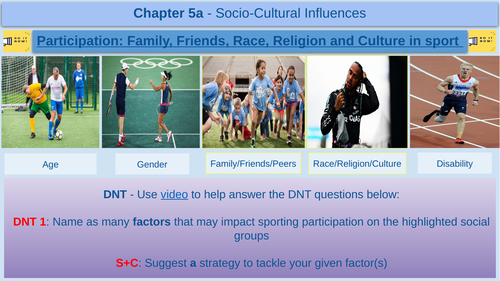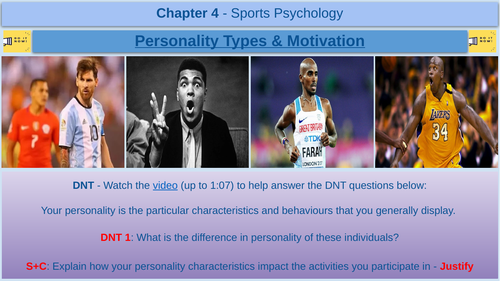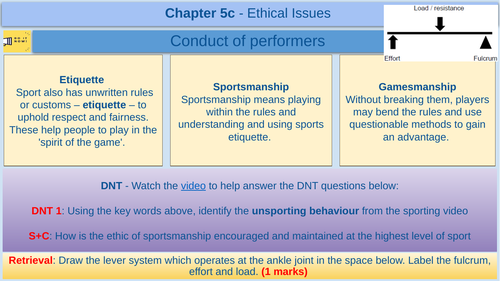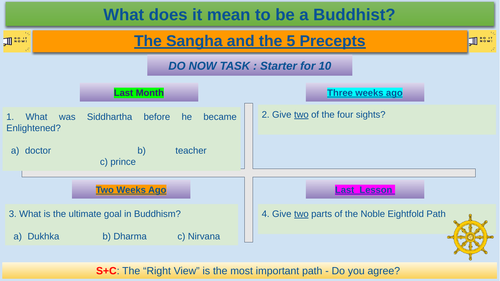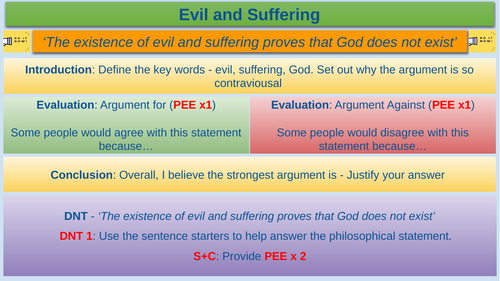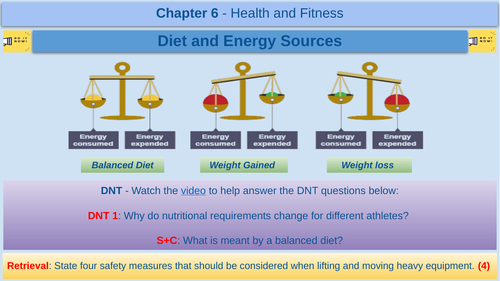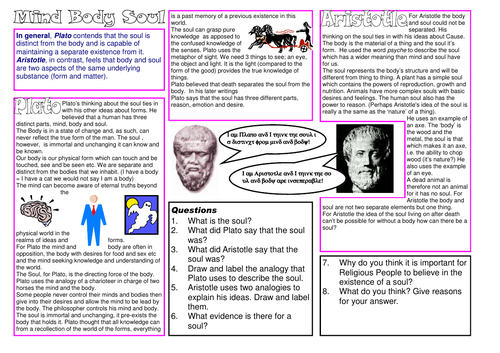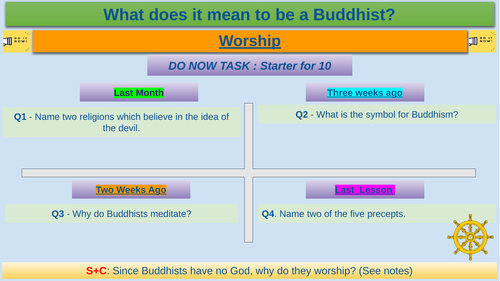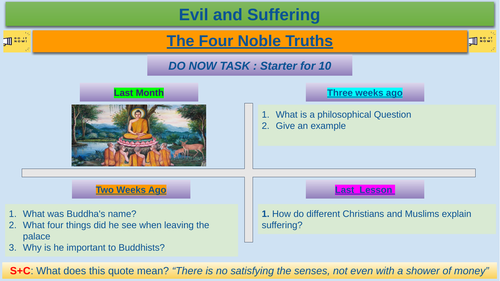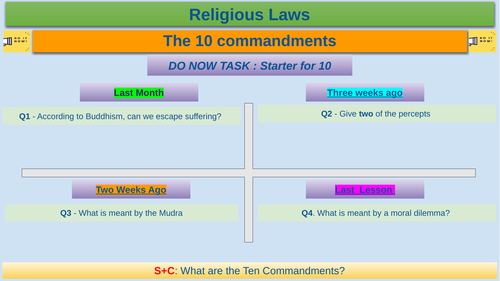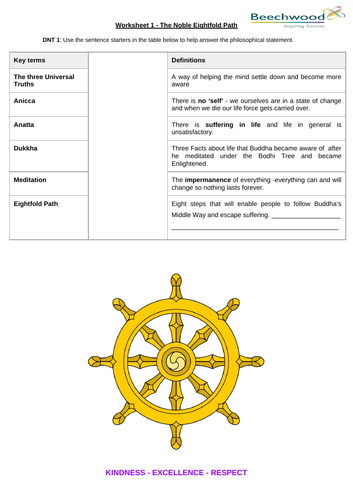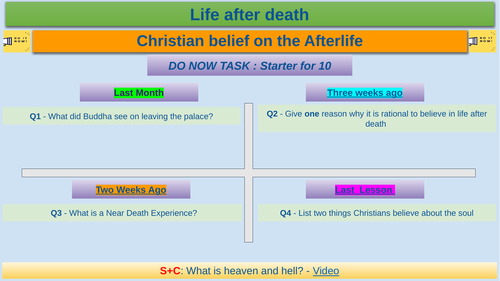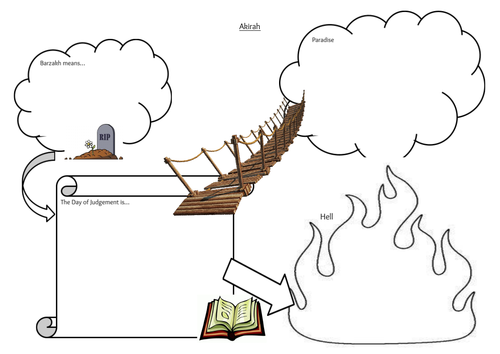
221Uploads
34k+Views
7k+Downloads
All resources

Classification of Skills - GCSE Physical Education - AQA
Resource includes PowerPoint presention and differentiated worksheets for a 1 hour lesson, following the AQA specification.
Chapter 4 - Sports Psychology
Lesson 1 - Classification of Skills
Lesson 2: SMART Targets
Lesson 3: Information Processing Model
Lesson 4: Types of Guidance
Lesson 5: Types of Feedback
Lesson 6: Inverted-U Theory - Arousal and Stress Management
Lesson 7: Aggression
Lesson 8: Personality Types & Motivation

Injury Prevention - GCSE Physical Education - AQA
Resource includes PowerPoint presention and differentiated worksheets for a 1 hour lesson, following the AQA specification.
Chapter 3 - Physical Training
Lesson 1 - Relationship between health and fitness
Lesson 2 - Components of Fitness - Health Related
Lesson 3 - Components of Fitness - Skill Related
Lesson 4 - Fitness Testing - Part 1
Lesson 5 - Fitness Testing - Part 2
Lesson 6 - Use of Data
Lesson 7 - Principles of Training
Lesson 8 - Methods of Training
Lesson 9 - Training seasons and injury prevention
Practical - Physical Training Lessons

Practical - Physical Training Lessons -
When teaching chapter 3, all of our GCSE practical lesson are physical training lessons. Starting with fitness tests (discussing the implications etc.) going onto methods of training. During the training methods we would also discuss the principles of training. The attached resources support x4 1 hour lesson, focusing on fitness tests. The booklet and supporting powerpoint follows the AQA specification.
Chapter 3 - Physical Training
Lesson 1 - Relationship between health and fitness
Lesson 2 - Components of Fitness - Health Related
Lesson 3 - Components of Fitness - Skill Related
Lesson 4 - Fitness Testing - Part 1
Lesson 5 - Fitness Testing - Part 2
Lesson 6 - Use of Data
Lesson 7 - Principles of Training
Lesson 8 - Methods of Training
Lesson 9 - Training seasons and injury prevention
**Practical - Physical Training Lessons **

Goal Setting (SMART Targets) - GCSE Physical Education - AQA
Resource includes PowerPoint presention and differentiated worksheets for a 1 hour lesson, following the AQA specification.
Chapter 4 - Sports Psychology
Lesson 1 - Classification of Skills
Lesson 2: SMART Targets
Lesson 3: Information Processing Model
Lesson 4: Types of Guidance
Lesson 5: Types of Feedback
Lesson 6: Inverted-U Theory - Arousal and Stress Management
Lesson 7: Aggression
Lesson 8: Personality Types & Motivation

Participation: Age and Gender - GCSE Physical Education - AQA
Resource includes PowerPoint presention and differentiated worksheets for a 1 hour lesson, following the AQA specification.
Chapter 5a - Socio-cultural influences
Lesson 1: Participation: Age and Gender
Lesson 2: Participation: Family, Friends, Race, religion and culture in sport
Lesson 3: Participation: Disability and inclusion in sport

Participation: Family, Friends, Race, Religion and Culture - GCSE Physical Education - AQA
Resource includes PowerPoint presention and differentiated worksheets for a 1 hour lesson, following the AQA specification.
Chapter 5a - Socio-cultural influences
Lesson 1: Participation: Age and Gender
Lesson 2: Participation: Family, Friends, Race, religion and culture in sport
Lesson 3: Participation: Disability and inclusion in sport

Personality Types & Motivation - GCSE Physical Education - AQA
Resource includes PowerPoint presention and differentiated worksheets for a 1 hour lesson, following the AQA specification.
Chapter 4 - Sports Psychology
Lesson 1 - Classification of Skills
Lesson 2: SMART Targets
Lesson 3: Information Processing Model
Lesson 4: Types of Guidance
Lesson 5: Types of Feedback
Lesson 6: Inverted-U Theory - Arousal and Stress Management
Lesson 7: Aggression
Lesson 8: Personality Types & Motivation

Conduct of performers - GCSE Physical Education - AQA
Resource includes PowerPoint presention and differentiated worksheets for a 1 hour lesson, following the AQA specification.
Chapter 5c - Ethical Issues
Lesson 1 - Players’ conduct
Lesson 2 - Prohibited Substances
Lesson 3 - Spectator Behaviour

The Sangha and the 5 Precepts
KS3 Philosophy and Ethics - Unit 1- Evil and Suffering
Students will be able to:
To identify the Five Precepts
To explain the day in a life of the Sangha
To evaluate the need for the Sangha to have additional moral codes
Feedback is welcome, please check out the rest of my lessons in the Science and Religion Scheme of Work!

Life After Death
KS3 Philosophy and Ethics - Unit 3 - Life after death?
Students will be able to:
To explore different beliefs on whether there is life after death
To analyse whether the belief in life after death affects the way believers live
To evaluate different beliefs in life after death against each other
Feedback is welcome, please check out the rest of my lessons in the Science and Religion Scheme of Work!

Evil and Suffering
KS3 Philosophy and Ethics - Unit 1- Evil and Suffering
Students will be able to:
To identify the different between moral and natural evil
To explore to explore the problem of evil and suffering
To evaluate attitudes towards the existence of evil and suffering
Feedback is welcome, please check out the rest of my lessons in the Science and Religion Scheme of Work!

Diet and Energy Sources - GCSE Physical Education - AQA
Resource includes PowerPoint presention and differentiated worksheets for a 1 hour lesson, following the AQA specification.
Chapter 6 - Health and Fitness
Lesson 1: Health, well-being and fitness
Lesson 2: Sedentary Lifestyle
Lesson 3: Somatotypes
Lesson 4: Diet and Energy Sources

The Soul
KS3 Philosophy and Ethics - Unit 2 - Religious Laws
Students will be able to:
To describe what is meant by the soul
To explore different beliefs about the soul
To evaluate these beliefs about the soul against each other
Feedback is welcome, please check out the rest of my lessons in the Science and Religion Scheme of Work!

Buddhists Worship
KS3 Philosophy and Ethics - Unit 1- Evil and Suffering
Students will be able to:
To describe different ways Buddhists worship.
To explain how and why Buddhists worship includingthe symbolism of mudras and statues of Buddha.
To evaluate why Buddhists worship when they don’t believe in God.
Feedback is welcome, please check out the rest of my lessons in the Science and Religion Scheme of Work!

The Four Noble Truths
KS3 Philosophy and Ethics - Unit 1- Evil and Suffering
Students will be able to:
To summerise the four noble Truths
To apply the Four Noble Truths to the issue of suffering
To analyse how Buddhist respond to the existence of evil and suffering
Feedback is welcome, please check out the rest of my lessons in the Science and Religion Scheme of Work!

The 10 commandments
KS3 Philosophy and Ethics - Unit 2 - Religious Laws
Students will be able to:
To identify the ten commandments
To explain how the ten commandments influence people today
To evaluate whether the Ten Commandments are still relevant today
Feedback is welcome, please check out the rest of my lessons in the Science and Religion Scheme of Work!

The Noble Eightfold Path
KS3 Philosophy and Ethics - Unit 1- Evil and Suffering
Students will be able to:
To identify the principles of the Noble Eightfold Path
To examine the relationship between The Noble Eightfold Path and the Threefold Way
To suggest how each of the ethical principles can end suffering and ultimately help someone achieve nirvana
Feedback is welcome, please check out the rest of my lessons in the Science and Religion Scheme of Work!

What is Morality?
KS3 Philosophy and Ethics - Unit 2 - Religious Laws
Students will be able to:
To define the following key terms; morality, ethics and moral issues
To examine where people get their morals from
To evaluate whether we need religious rules to do the right thing?
Feedback is welcome, please check out the rest of my lessons in the Science and Religion Scheme of Work!

Christian belief on the Afterlife
KS3 Philosophy and Ethics - Unit 3 - Life after death
Students will be able to:
To explain the Christians belief on the afterlife
To explore why Christians hold these beliefs
To evaluate how these beliefs influence Christians today
Feedback is welcome, please check out the rest of my lessons in the Science and Religion Scheme of Work!

Muslim belief on the Afterlife
KS3 Philosophy and Ethics - Unit 3 - Life after death
Students will be able to:
To explain the Muslim belief on the afterlife
To explore why Muslims hold these beliefs
To evaluate how these beliefs influence Muslims today
Feedback is welcome, please check out the rest of my lessons in the Science and Religion Scheme of Work!

